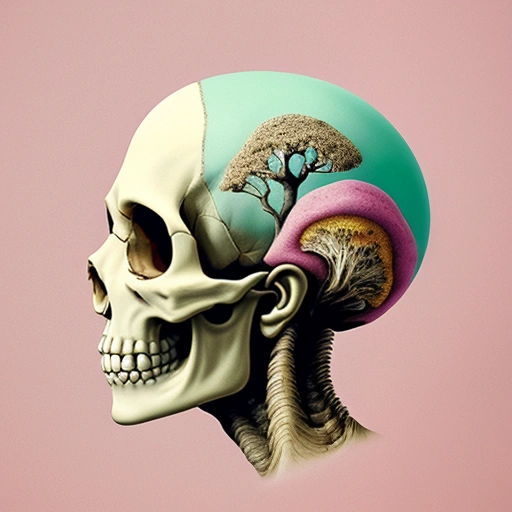I recall hearing about Alovoa a year ago and while it sounds nice with no ads or paid features, being open source, and private data being encrypted I have to imagine the userbase is incredibly small relative to other services. Google Play lists it at over a thousand downloads but it’s also available through F-Droid so that may not mean much. I have to imagine the userbase is mostly men which might prevent some users from joining or sticking around.
Either way (TL:DR) I’d be curious to see what your experiences are with open source dating apps or even apps designed around making friends.


Dating apps are toxic as it is, and the fact that most of them are basically days mining operations at this point makes it even worse (this also heavily impacts the overall ux). I have a friend who has worked for multiple dating app companies and it sounds awful.
I think an open source one that respects user privacy would be amazing, but honestly would likely be useless, as barely anyone would use it because people don’t really care about privacy, and select dating apps purely based on user volume.
In addition, and although this is gradually changing, tech and therefore tech-related interests such as data privacy and FOSS are still overwhelmingly dominated by cishet white men, so I can’t imagine such an app having even the most basic, binary requirements in terms of diversity.
I was with you until the unsourced claim that tech is dominated by cishet white men. In California nothing could be farther from the truth
I am not sure how reputable Zippia (or other sources) are when it comes to statistics but if accurate and similar 2022 the tech industry is still mostly men and caucasian.
I wasn’t able to find statistics on sexual orientation. There are a lot of companies vagluely bragging about how inclusive they are and not much in the way of stats.
From your link, 73% are men, 62% Caucasian, so roughly 45% are Caucasian non-Latin men
And that’s not including orientation
Yeah like I said I wasn’t sure where to get information on orientation.
I’d be curious how those numbers overlap with average dating apps and match statistics.
With more and more people leaving mainstream sites like Twitter, Instagram, and Facebook I could see not having to login with another social media platform being what drives people towards a privacy focused dating app even if the actual privacy portion is more of an after thought for most users.
But there are only a handful of apps out there and they are basically the same ones owned by the same company. These apps are shitty for all genders, albeit for different reasons, so an open source, non-profit app could be an actual alternative for those who are disappointed by the existing apps if it manages to address these problems.